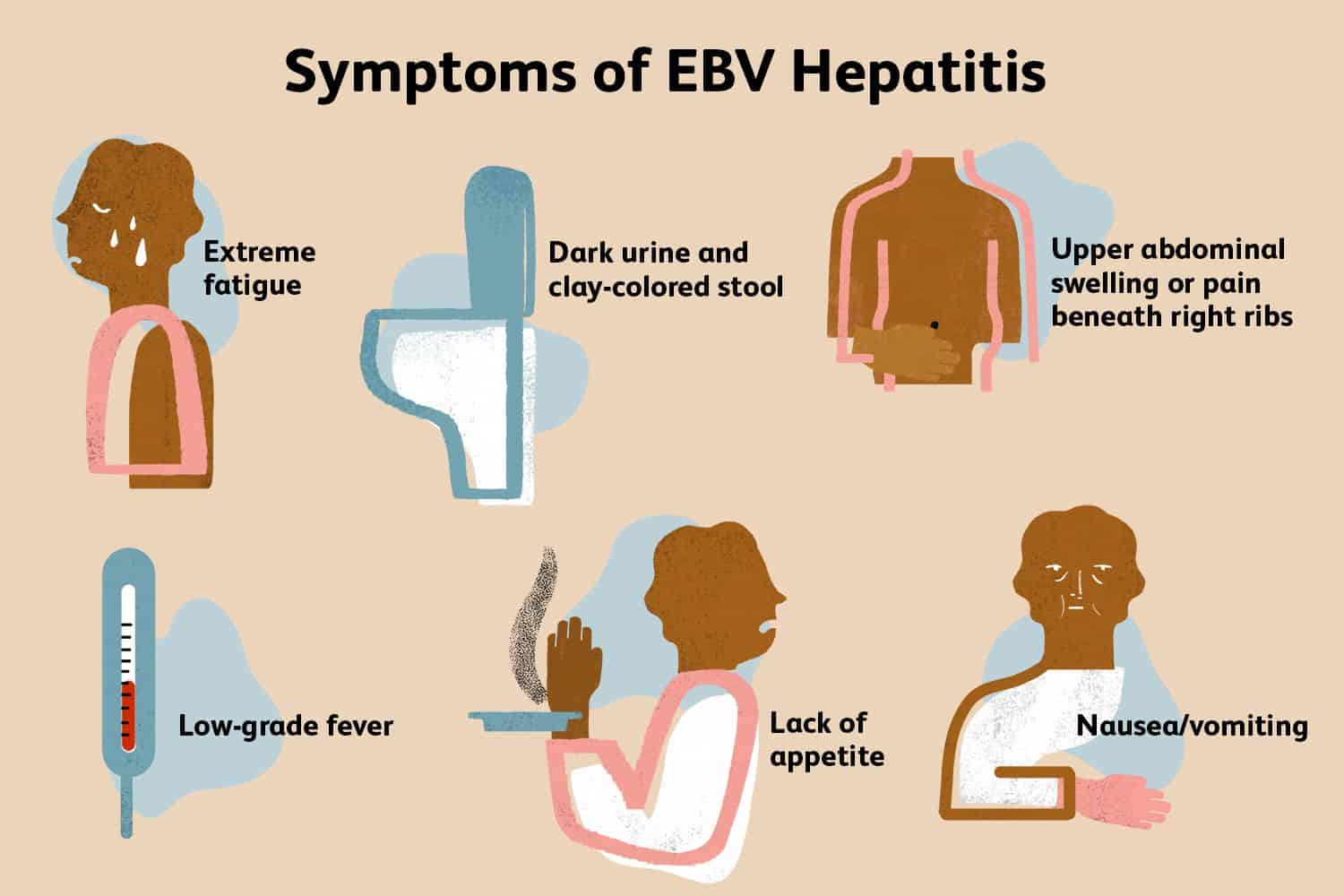Glandular Fever Signs and Symptoms: A Parent’s Guide to Spotting the Telltale Signs
Hello, wonderful parents out there! Are you looking to arm yourselves with the knowledge to spot the signs of glandular fever in your children? Look no further! This cheerful guide is here to enlighten you about the nitty-gritty of glandular fever, also known as infectious mononucleosis, and how you, as a super-parent, can recognize its symptoms in your kiddos. Let’s keep those little ones healthy and happy!
Introduction to Glandular Fever
If you’re wondering what glandular fever is, it’s time to dive in! Glandular fever is a viral infection caused by the Epstein-Barr virus (EBV). It’s most commonly seen in teenagers and young adults, but don’t rule it out in younger children too. Known for making patients feel like they’re on a long, unwanted vacation in Bedridden City, it’s definitely something you want to catch early. So, let’s buckle up and learn about the signs and symptoms of this sneaky intruder.
Common Symptoms of Glandular Fever
Fever and Sore Throat
A fever and a sore throat are like the unwanted duo that often herald the start of glandular fever. If your child is suddenly reaching for their throat and looking a bit flushed, it’s time to consider the possibility of glandular fever. These symptoms typically kick off the illness and can be quite severe. Keep an eye out for a high temperature and complaints of throat pain—that’s your cue to play detective!
Swollen Glands
What’s glandular fever without swollen glands, right? If you’ve noticed your child’s neck looking a bit fuller than usual, that might be because the lymph nodes are working overtime trying to boot out the EBV. Swollen glands, especially around the neck, armpits, and groin, can be an obvious sign that your child’s immune system is in battle mode against an infection.
Fatigue
Is your usually sprightly child suddenly languishing on the couch with all the energy of a sloth? Extreme fatigue is a hallmark sign of glandular fever. It’s not just tiredness—it’s a deep, relentless weariness that can make even favorite activities seem like insurmountable tasks. If you’re finding it hard to peel your child away from their bed or the sofa, glandular fever might be lurking.
Other Indicators
While fever, sore throat, and swollen glands are singing the main tune, there are some backing vocals you should tune into as well. These can include muscle aches, a headache, or even an unexplained rash. Your child’s spleen or liver might also be inflamed, so watch for discomfort on the upper left side of the abdomen or a jaundiced, yellow tinge to the skin or eyes, respectively.
When to Seek Medical Advice
Now, while we’re on the topic of health and care, let’s address when you should seek professional advice. If your little trooper is showing signs of glandular fever, or if those symptoms are persistent and not easing with rest and plenty of fluids, it’s time to call in the cavalry. A healthcare provider will be able to diagnose the infection, usually through a simple blood test, and offer guidance on the best ways to support your child through their recovery.
While glandular fever is often a waiting game, understanding what to look out for can save a lot of headaches (literally!). Stay tuned as this guide unfolds to provide you with a comprehensive look into coping strategies and how to ensure your child makes a swift return to their bouncy, joyous self.
Remember, with patience, love, and the right knowledge up your sleeve, you’ll be navigating this journey like the super-parent you are. Keep those spirits high and that information flowing — your guide to glandular fever care is just getting started!

5 Key Things Parents Should Know When Preparing for Glandular Fever Signs and Symptoms
1. Keep a Symptom Diary
Having a detailed record of your child’s symptoms can be invaluable. Note down when the fever spikes, the severity of the sore throat, levels of fatigue, and any other symptoms that arise. This diary will be incredibly helpful for your doctor to make an accurate diagnosis and track your child’s progress.
2. Understand the Mode of Transmission
Glandular fever, caused by the Epstein-Barr virus, spreads primarily through saliva. This means it can be contracted through kissing, sharing drinks, or even from coughs and sneezes. Educate your children on the importance of not sharing utensils and maintaining good hygiene to reduce the risk of transmission.
3. Prepare for a Long Road to Recovery
Patience is key with glandular fever. Unlike a common cold, it requires quite a bit of downtime, and symptoms can last for several weeks or even months. Prepare for this lengthy recuperation by organizing your schedule to accommodate the extra care your child may require.
4. Know the Complications
In rare cases, glandular fever can lead to complications such as an enlarged spleen. Be delicate around your child’s abdomen to avoid any contact that could harm the spleen. If your child complains of abdominal pain, contact your healthcare provider immediately.
5. Diet and Hydration
Proper nutrition and staying hydrated are essential for recovery. Encourage your child to drink plenty of fluids, primarily water, and offer a balanced diet rich in vitamins and minerals to support their immune system. Avoid giving them overly spicy or acidic foods that might aggravate a sore throat.
Supporting Your Child Through Recovery
Once glandular fever is confirmed, your role shifts towards providing comfort and support. Besides keeping up with hydration and a wholesome diet, ensure your child gets ample rest. It’s okay to let them have off days from school as their body needs time to recuperate. Engage in quiet, calm activities that they can handle on tougher days, such as reading together or watching a favorite movie.
You can also use over-the-counter pain relief, as advised by your doctor, to help manage fever and throat pain. For those swollen glands, a gentle warm compress might offer some relief. Always follow the recommended doses and consult your healthcare provider for the best course of action.
Lastly, beware of the psychological impact. Being isolated and away from friends can be tough on kids. Offer lots of reassurances, stay connected with video calls, and perhaps treat them to some new books or games. Ensure they know it’s only temporary and they’ll be back to their fun selves soon.
While glandular fever is often a waiting game, understanding what to look out for can save a lot of headaches (literally!). Stay tuned as this guide unfolds to provide you with a comprehensive look into coping strategies and how to ensure your child makes a swift return to their bouncy, joyous self.
Remember, with patience, love, and the right knowledge up your sleeve, you’ll be navigating this journey like the super-parent you are. Keep those spirits high and that information flowing — your guide to glandular fever care is just getting started!
See more great Things to Do with Kids in New Zealand here. For more information see here
Disclaimer
The articles available via our website provide general information only and we strongly urge readers to exercise caution and conduct their own thorough research and fact-checking. The information presented should not be taken as absolute truth, and, to the maximum extent permitted by law, we will not be held liable for any inaccuracies or errors in the content. It is essential for individuals to independently verify and validate the information before making any decisions or taking any actions based on the articles.




